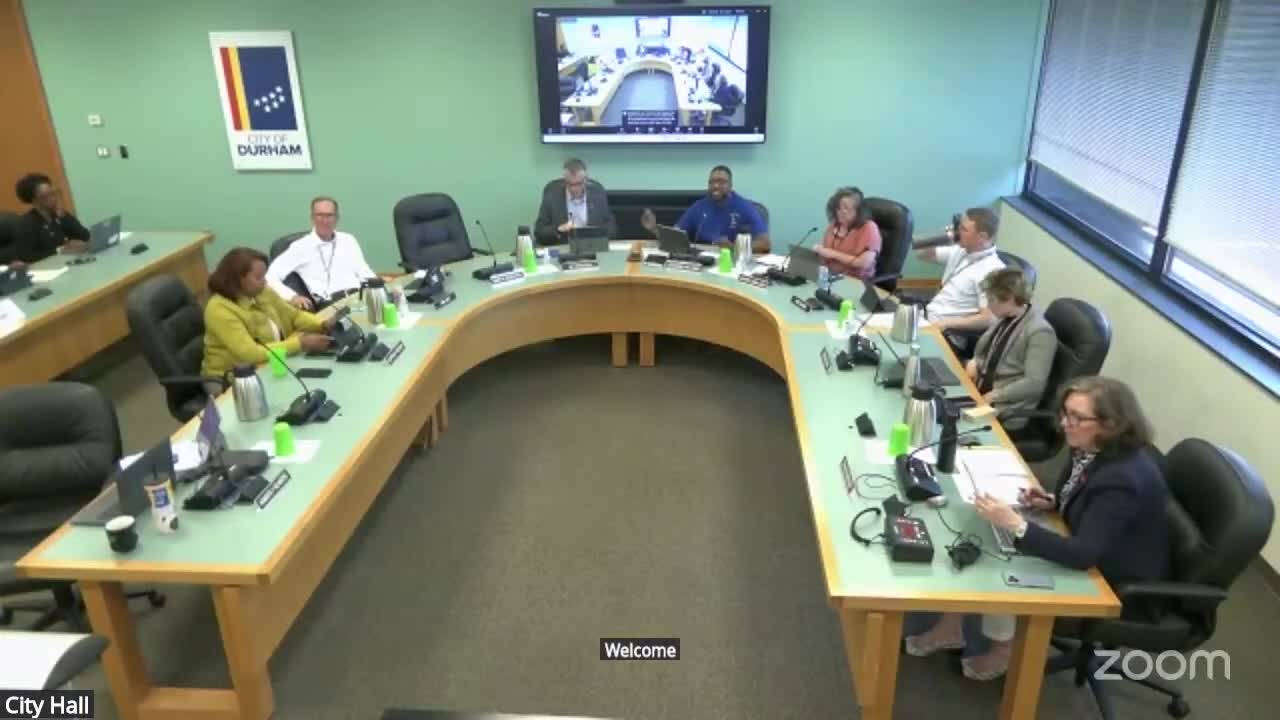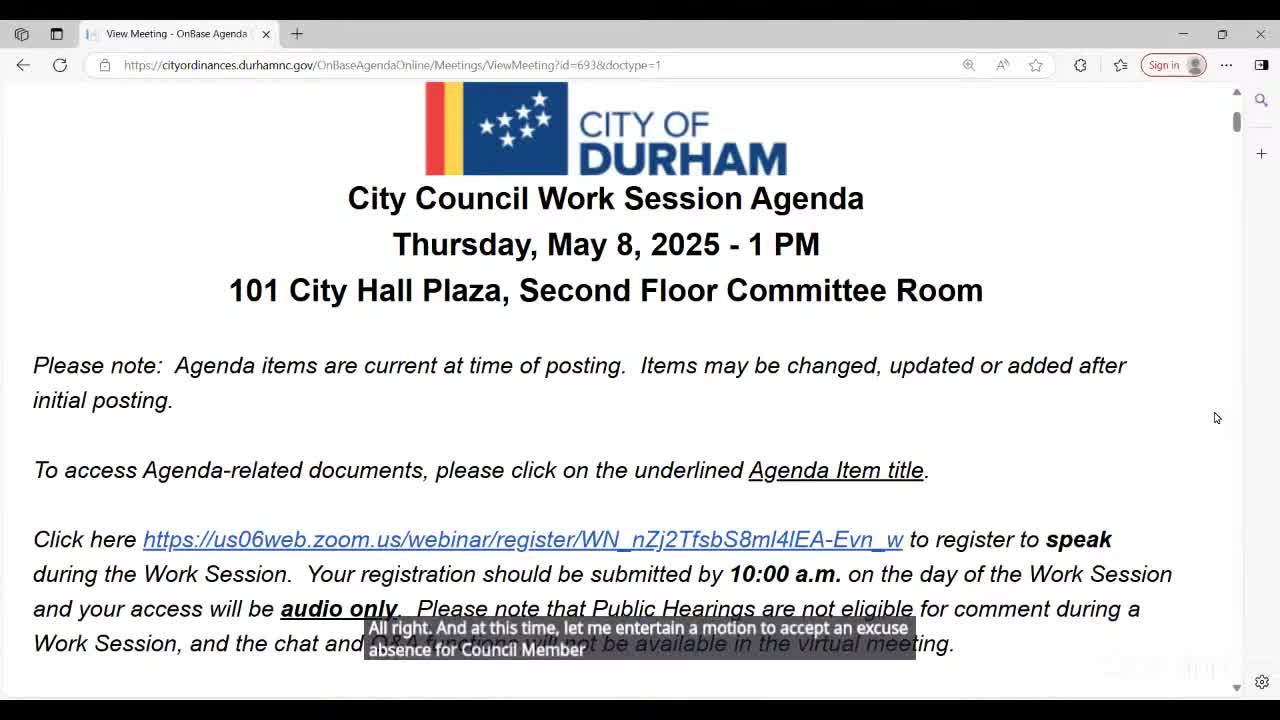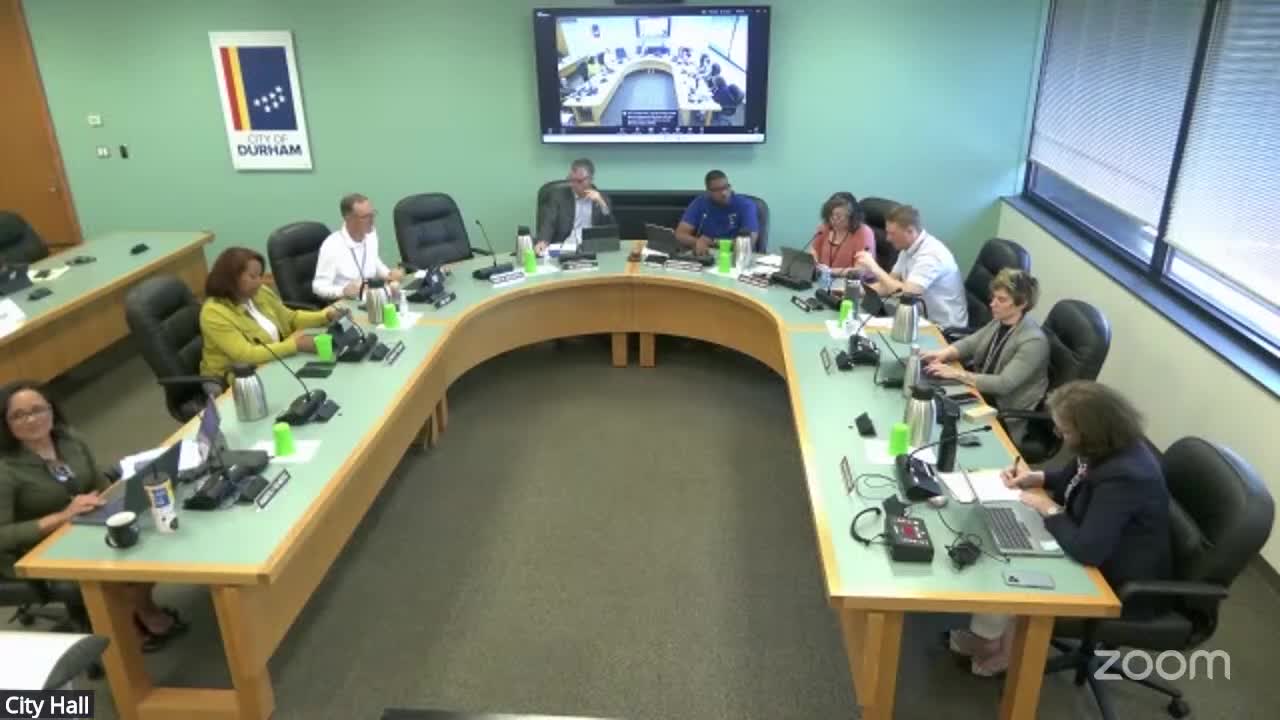Article not found
This article is no longer available. But don't worry—we've gathered other articles that discuss the same topic.

Public commenters press city for answers on OEWD payments and for investment in programs for young men of color

Council motions: excused absence granted, manager items received; closed session scheduled

Planning staff outline FY26 work program: several small-area plans to be started, drafts for two by FY26

